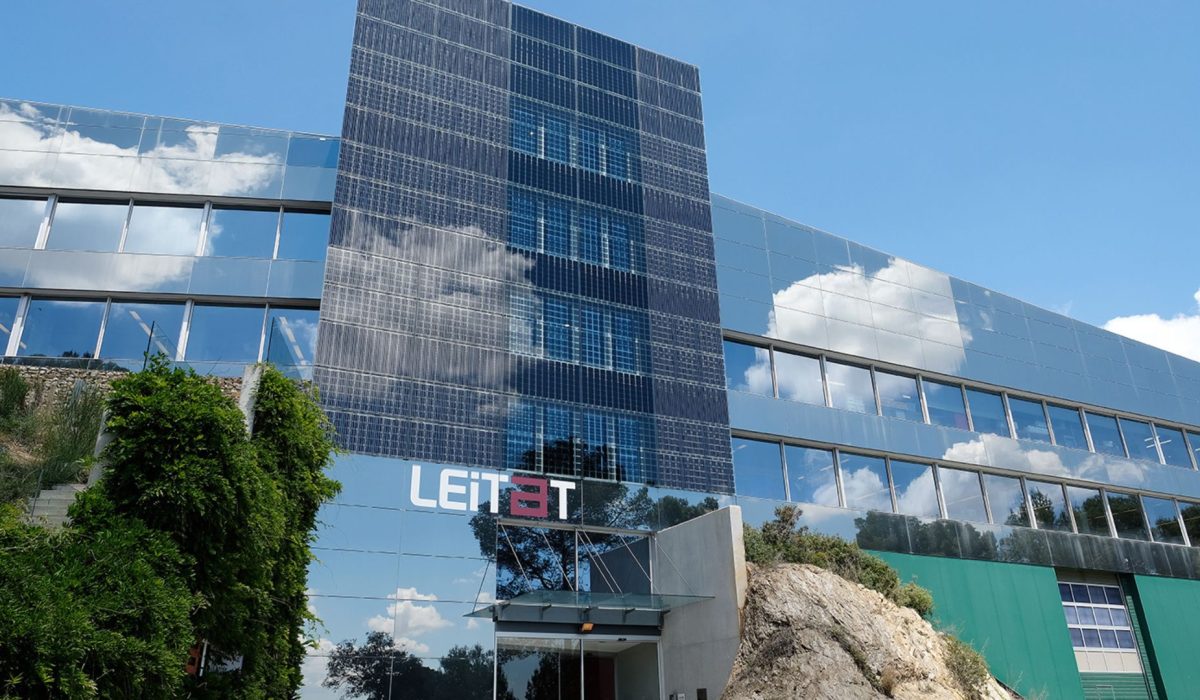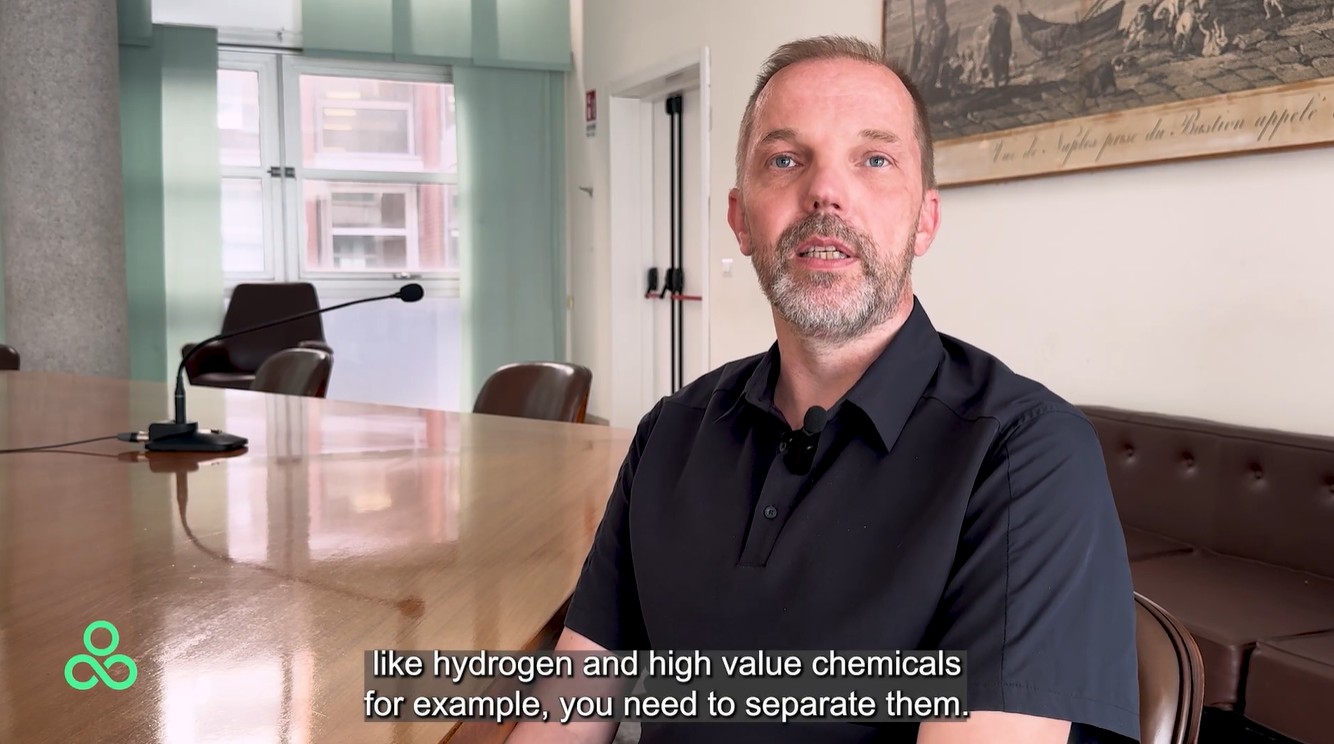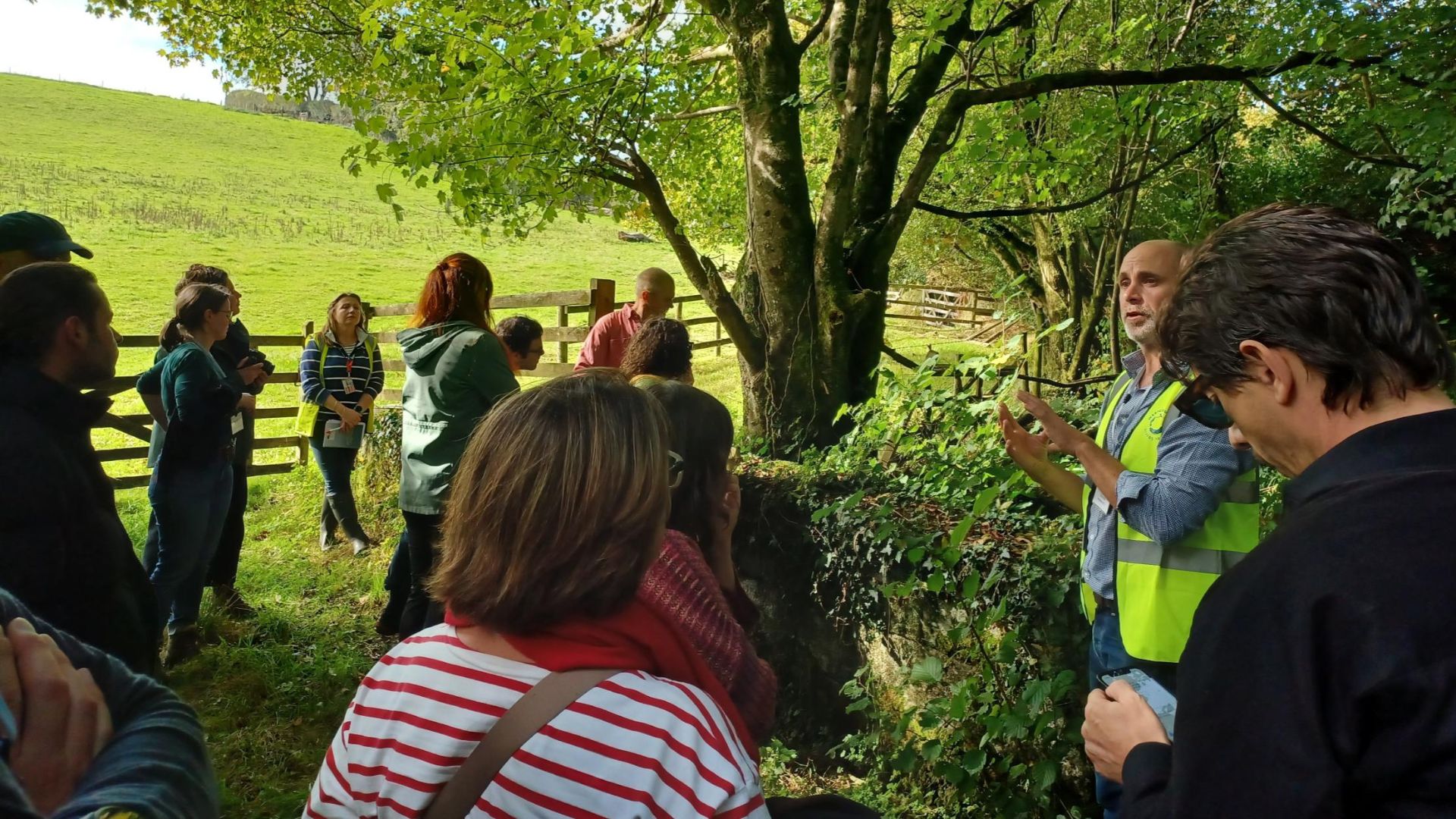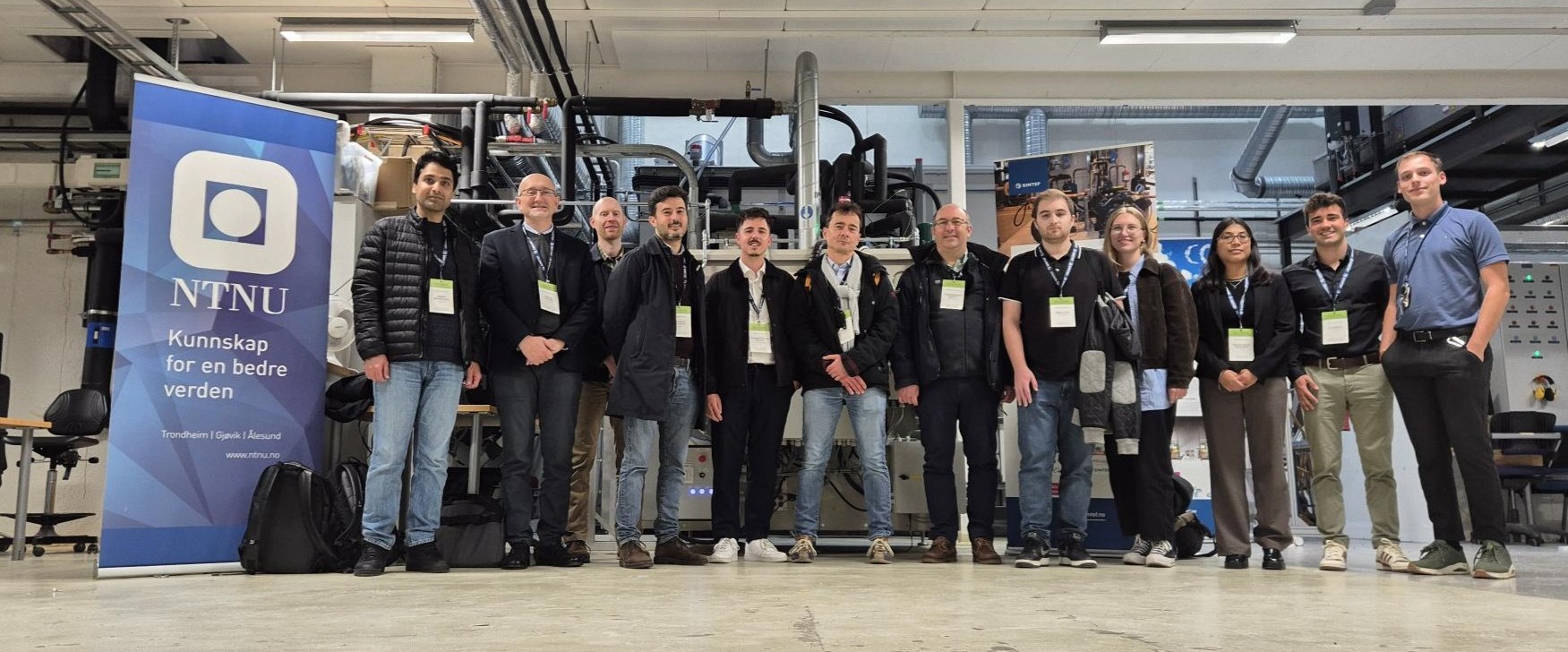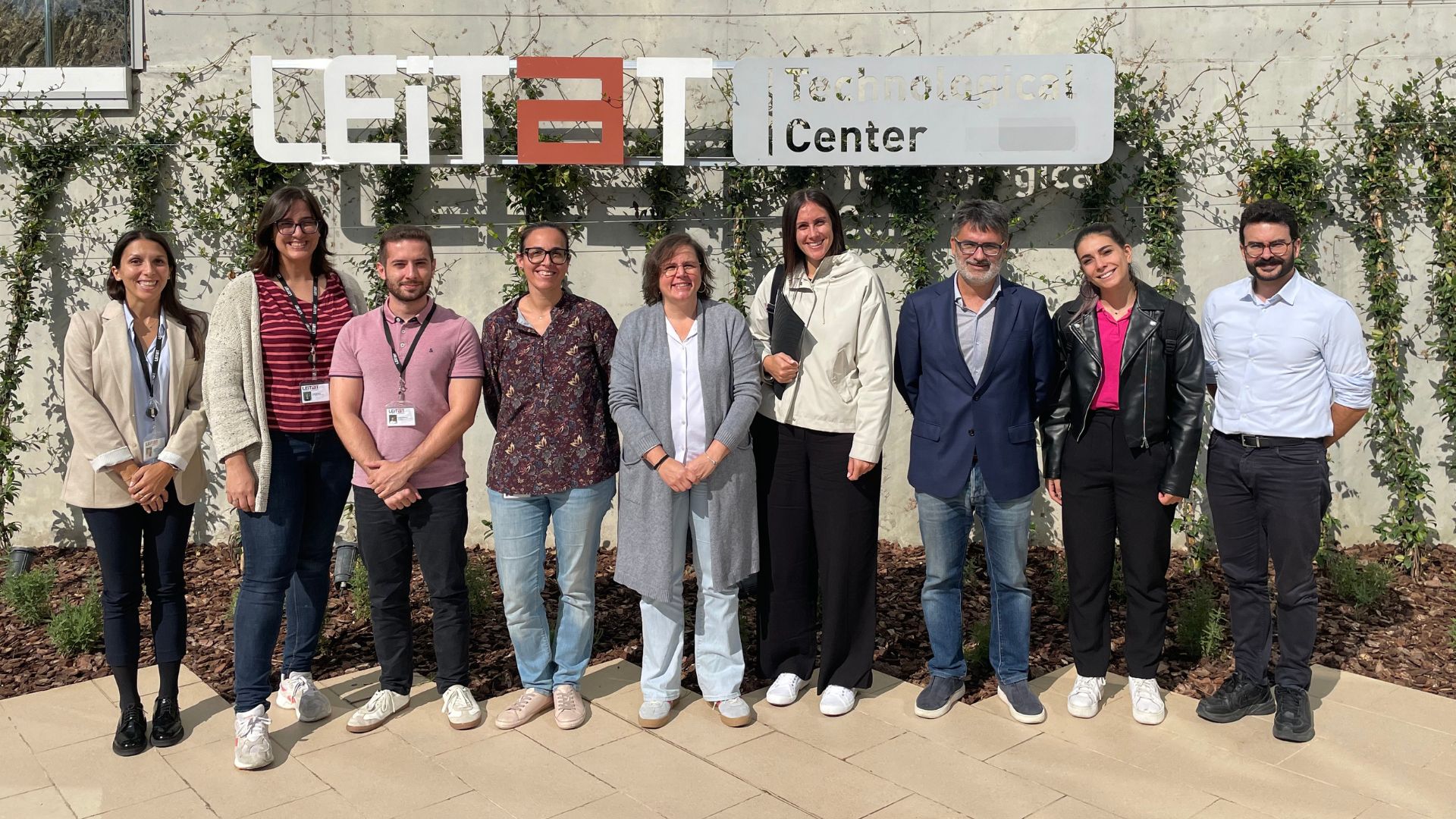In a context of global climate emergency, every technological advance towards a more sustainable future is essential. At Leitat, a technology centre with over 100 years of history in applied innovation, we reaffirm our commitment to the environment and to researching solutions that reduce the impact of climate change.
An example of this commitment is our participation in the European project GREENER (“InteGRated Systems for Effective ENvironmEntal Remediation”), funded by the European Union’s Horizon 2020 programme and coordinated by the University of Burgos. This project has developed hybrid, sustainable, and high-performance technologies for the decontamination of soils, sediments, and water, combining advanced bioremediation and bioelectrochemical systems (BES).
At Leitat, we have played a key role as scientific leaders in the development and optimisation of BES systems —an innovative technology that uses microorganisms and electricity to remove contaminants such as heavy metals, pesticides, and hydrocarbons. These solutions not only reduce pollution but also generate energy and useful by-products, demonstrating that sustainability and efficiency can go hand in hand.
Our team has also carried out (eco)toxicological assessments to ensure that the processes are safe and beneficial for ecosystems. The results have confirmed that combining BES technologies with traditional bioremediation techniques significantly reduces environmental toxicity.
The progress achieved in GREENER positions Leitat as a key player in European environmental innovation, showing that applied research can be transformed into real solutions to combat pollution and mitigate the effects of climate change through innovative technologies.
A growing strategic area
In recent years, Leitat has made a strong commitment to the field of Bioelectrochemical Technologies (BES), which has become one of the main pillars of the Circular Economy and Decarbonisation Department.
With 17 active projects at the European, national, and private collaboration levels, this area has experienced steady growth, incorporating new specialised equipment and expanding its capabilities to address complex environmental challenges.
Its research focuses on technologies that harness the exchange of electrons between microorganisms and electrodes to improve industrial and environmental processes. The applications are multiple and highly innovative: electricity recovery during wastewater treatment, biogas and/or green hydrogen production, nutrient recovery, desalination, electrobioremediation, and CO₂ conversion into valuable resources.
This trajectory strengthens Leitat’s position as a European benchmark in BES technologies, contributing directly to the transition towards a decarbonised economy and demonstrating that applied science can generate a real impact on the planet’s sustainability.
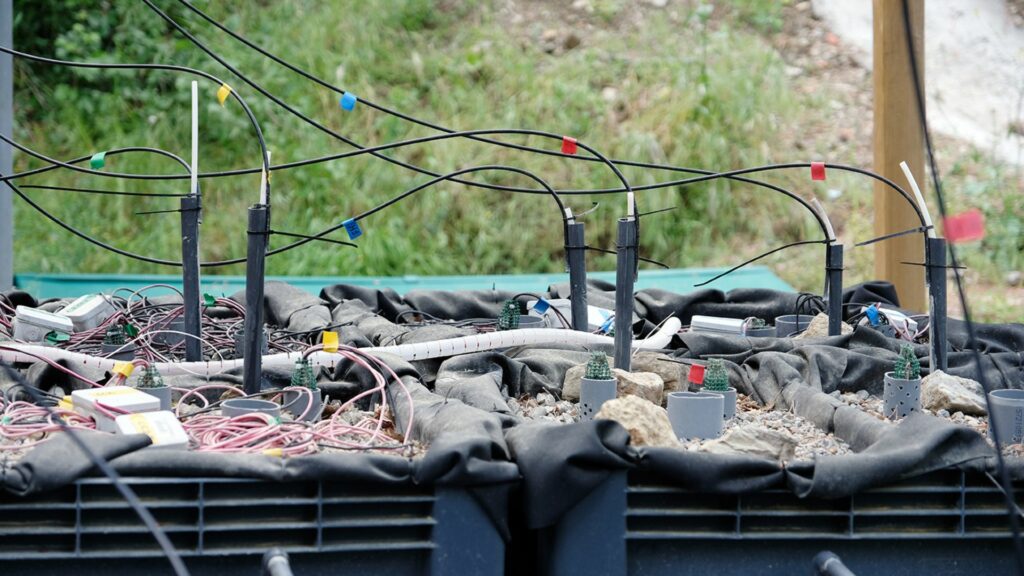
BIOSYSMO: Towards a contaminant-free future
Following the success of GREENER, Leitat continues to drive new initiatives such as the European project BIOSYSMO, coordinated by IDENER. This 48-month project (grant agreement nº 101060211, under the Horizon Europe programme) aims to develop a computationally assisted framework for the design and optimisation of synergistic biosystems combining bacteria, fungi, and plants for the degradation and sequestration of contaminant mixtures.
Within BIOSYSMO, Leitat has deepened its research into the removal of metals and hydrocarbons. In both cases, alternative methods have been studied to maintain removal performance while reducing the energy and reagent demands of the process. In addition, Leitat contributes to the (eco)toxicological evaluation of contaminated and treated samples. The project foresees applications in soils, sediments, and water, using both conventional techniques (such as phytoremediation and bioaugmentation) and innovative hybrid ones (BES + phytoremediation) for the treatment of contaminant mixtures.
Through this and other initiatives, Leitat strengthens its commitment to environmental innovation and reiterates its conviction that international collaboration, cutting-edge science, and applied research are essential to building a greener and healthier planet for future generations.
